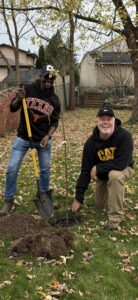
Mini forests are taking root in Niagara with clusters of densely planted native trees planted in two locations so far. Mini forests are proven to accelerate biodiversity, improve soil health, and store more carbon than conventional tree plantings. At St. George’s, Georgetown, where the Rev. Cheryl Barker is rector, volunteers planted the first mini forest in the Credit River Watershed. Thanks to a partnership with Credit Valley Conservation and the Town of Halton Hills, this thriving new forest is helping to cool the area, absorb carbon, and create vital habitat.
Meanwhile, at St. Paul’s, Caledonia, led by the Rev. Jann Brooks, parishioners planted a mini forest of 400 native trees last fall. Their project was part of the Diocese of Niagara’s Communion Forest initiative, partnering with Green Venture and Neighbourwoods. Volunteers from St. Paul’s were joined by members of the Rainbow Kings and Queens, a group supporting LGBTQ+ refugees, showing how creation care can also build inclusive, joyful communities.
Want to explore the idea of a mini forest at your parish? Contact Deirdre Pike at [email protected] to learn how your community can be part of the Communion Forest initiative.
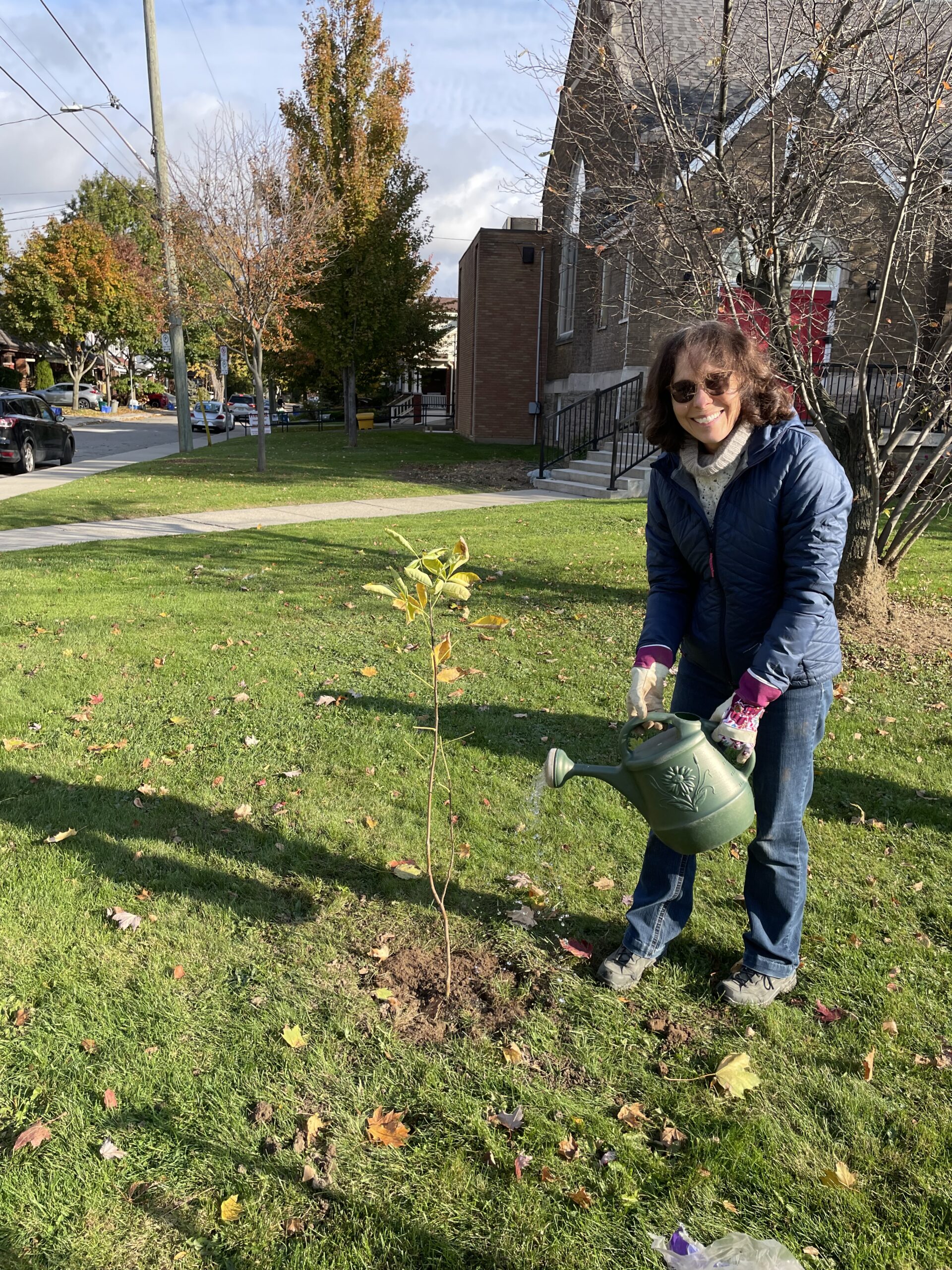
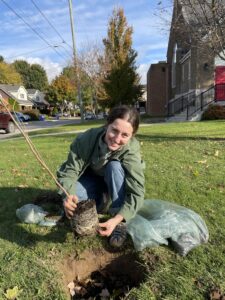
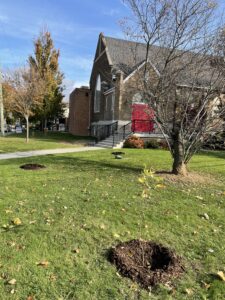
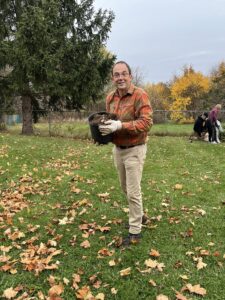

Viewing 2026 Through a Different Lens